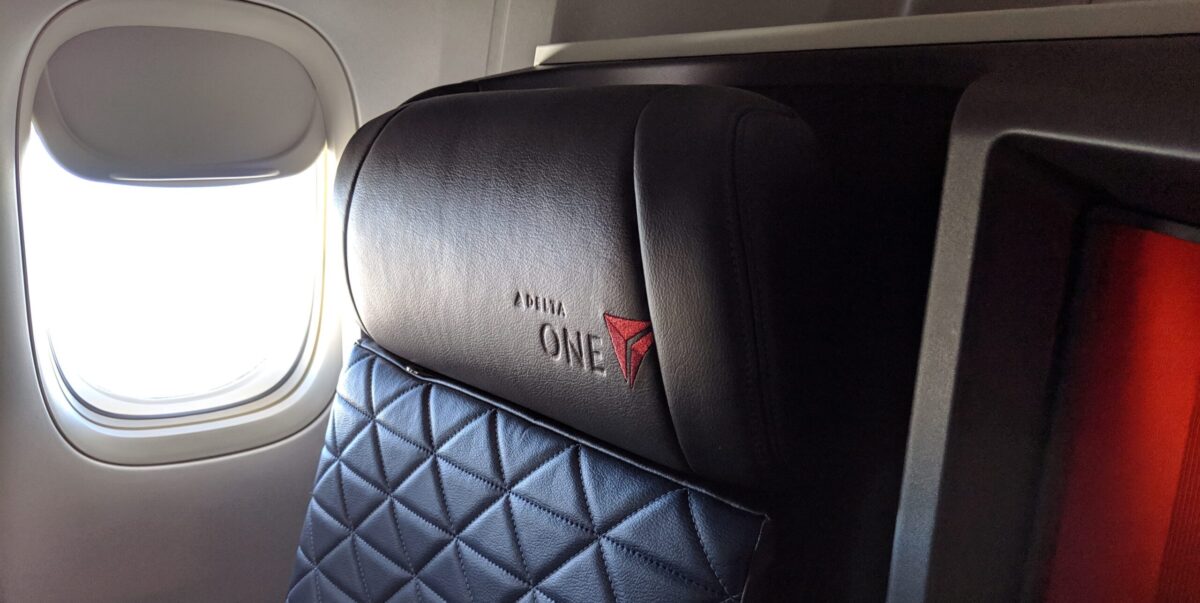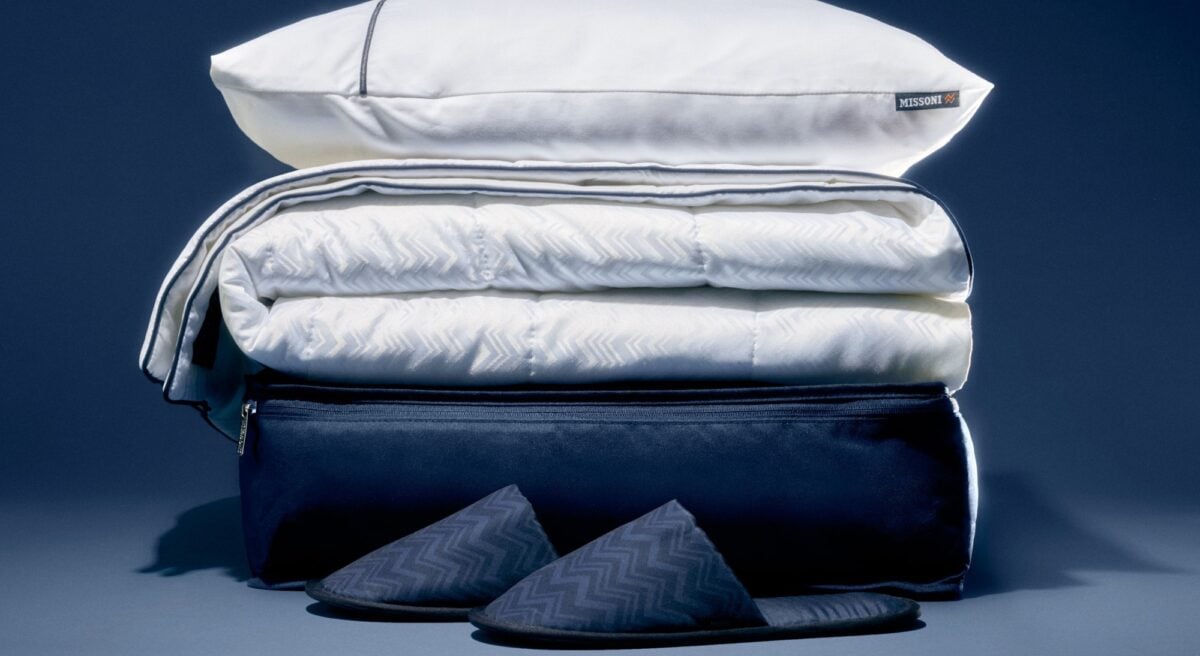More than a year after first raising the specter of becoming the first (and only) U.S. airline to fly nonstop to Saudi Arabia, Delta finally made it official on Monday by putting Riyadh (RUH) on the map for next fall.
The airline announced it will begin nonstop flights to the Saudi capital from its Atlanta (ATL) mega-hub next October. Delta will fly the route just three times a week on one of its flagship Airbus A350-900s, decked out with Delta One Suites at the front of the cabin and plenty of Premium Select seats, too.
That new nonstop from Atlanta is part of a broader plan to link up with Riyadh Air, a new Saudi Arabian government-backed carrier set to begin operating later this year. The carriers announced an agreement last year, with plans of pursuing a joint venture – the closest kind of airline partnership that allows carriers to coordinate their schedules as well as flight pricing, just as Delta already does with several partner airlines like Air France, KLM, and Virgin Atlantic, among others.
“Launching service to Riyadh marks a key step in Delta’s global growth as we start our second century of flight,” Ed Bastian, Delta's CEO, said in a statement. “Our new flights will connect customers to this dynamic, fast-growing region while delivering the care, comfort and reliability they expect.”

Delta has been on a tear lately, kicking off nonstop service to Marrakech (RAK) over the weekend, plotting its return to Hong Kong (HKG), and adding new crowdsourced (and crowd-pleasing) routes to both Sardinia and Malta for next summer. But nonstop service to Saudi Arabia may not get the same accolades.
Saudi Arabia is on a years-long mission to diversify its oil-reliant economy and turn the kingdom into a tourist destination despite years of concerns about human rights abuses, including the murder of a Washington Post columnist in 2018.
Delta clearly sees it as a chance to plant its flag in an emerging market before its competitors.
“We all know Dubai … and its skyscrapers and all the luxuries, it looks like a very affluent part of the world,” Bastian said last year. “The city of Riyadh has three times the GDP as the city of Dubai has. That shows the opportunity there.”
It's also a chance to solve a glaring weakness. While American Airlines has its partnership with Qatar Airways while United Airlines has a relatively new tie-up with Emirates, Delta has lacked a marquee partner in the region … and a way to easily get passengers to the Middle East or connect onward to India and other destinations.
Enter Riyadh Air. The airline is clearly built in the mold of Emirates and other neighboring Middle Eastern airlines: A premium carrier to connect travelers around the globe … with a stop in Riyadh on the way, hoping tourists will come visit and spend money. The airline ordered 39 Boeing 787 Dreamliners in March 2023 to begin operations next year, with an option for 33 additional deliveries after that.
By adding its own nonstop to Riyadh, Delta can offer a flight across the Atlantic to customers, then connect them onward throughout the Middle East, India, and beyond with a new partner carrier.

It's a major about-face for Delta. For years, Delta led the public charge against Emirates and other Middle Eastern carriers they argued were able to unfairly break into the U.S. aviation market thanks to hefty government subsidies.
In this case, it's the Saudi government providing massive subsidies to bring new airlines into Riyadh … including Delta.






